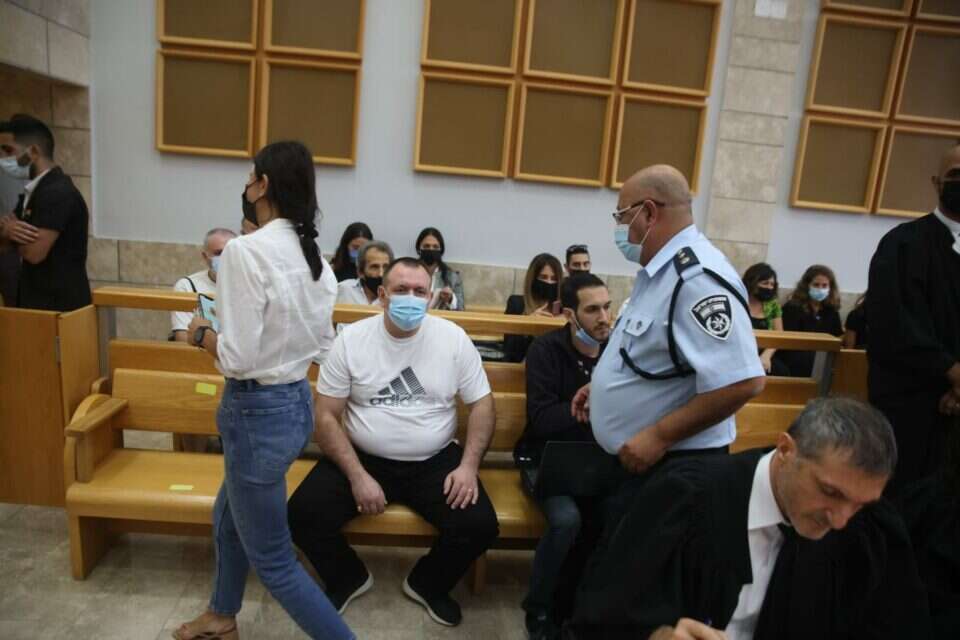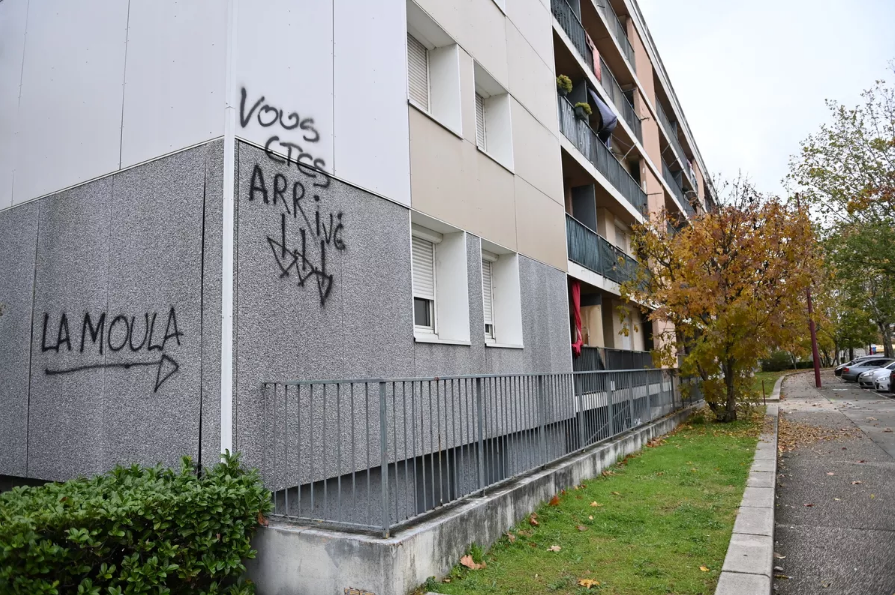In the opening of the retrial of Roman Zadorov, the prosecution representative stated that she would rely, among other things, on certain details that Zadorov knew.
The term "intricate details" seems like a winning card when its original meaning is attributed to it - it is supposedly based on an irrefutable logical inference.
If any detail can be known only to the perpetrator of the offense, then his knowledge by the defendant proves with certainty the fact that he is the perpetrator.
But in legal reality, things are not that simple. As time passes from the commission of the offense to the investigation, the perpetrator can pass on the information to the suspect so that he demonstrates his knowledge of it and thus incriminates himself, and in some cases the details are given to the suspect intentionally or unintentionally by the investigators. It is possible that the details became known to the public and thus came to the suspect's attention, and sometimes these are also details that are easy to guess. And finally, it happens that the disciplined individual is in dispute and therefore his knowledge is of little value.
Here are some of the clever details on which the claim in the Zdorov trial is based: (a) Exiting the cell by jumping over the door: there is no certainty that this is how Zdorov came out of the cell, since shoe traces were found on the exit route to the adjacent cell (controversy); (B) Alleged knowledge of a unique defect in the toilet door lock: There is no clear admission by Zadorov that he knew of a malfunction in the lock, other than "I could not lock from the outside", perhaps referring to the fact that every toilet cubicle could not be locked from the outside? (Again, controversy); (C) Knowledge of the resting position at the time of the murder: During the interrogation, the interrogator showed Zadorov the direction of standing in relation to the western wall, and Zadorov confirmed his standing according to the findings (investigator's guidance). Moreover, he did not testify where the deceased stood in relation to the wall or door, but in relation to it. It is possible that his intention was outside the cell and not inside the cell (controversy); (D) The conversation with Reuven Janah, in which Zadorov is credited with knowing that the deceased was in the bathroom: Janah testified that in that conversation he did not know that the deceased was in the bathroom, but he provided details that were known to be incorrect,And therefore his memory is in doubt (danger of unconscious instruction from the public); (E) Injury to the neck: In the reconstruction and demonstration in the investigation, Zdorov did not demonstrate two knife pulls in accordance with the findings. The demo for dubbing is a demo demo read by Zadorov (controversy); (F) Chest injury: Zadorov is known to have heard rumors of a heart injury (guidance from the public), which was actually different from what he described (fear of guessing in relation to the whole detail); (G) The toilet cubicle (the second of four) where the deceased was: the deceased's friend knew this detail, and this was hinted at in a TV report that Zadorov watched (guidance from the public). In addition, Zadorov explained that in his experience, most students use the second and third cells, and his remarks were reinforced by the school students (a detail that can be explained as a guess).Which was actually different than he described (fear of guessing in relation to the whole detail); (G) The toilet cubicle (the second of four) where the deceased was: the deceased's friend knew this detail, and this was hinted at in a TV report that Zadorov watched (guidance from the public). In addition, Zadorov explained that in his experience, most students use the second and third cells, and his remarks were reinforced by the school students (a detail that can be explained as a guess).Which was actually different than he described (fear of guessing in relation to the whole detail); (G) The toilet cubicle (the second of four) where the deceased was: the deceased's friend knew this detail, and this was hinted at in a TV report that Zadorov watched (guidance from the public). In addition, Zadorov explained that in his experience, most students use the second and third cells, and his remarks were reinforced by the school students (a detail that can be explained as a guess).
It should also be noted that Zadorov often erred in the details he was supposed to know, such as the fact that the toilet could be locked from the outside, that the other cell had white plastic in the lock, that the deceased's hair was blond, or that she wore a denim shirt.
Examination of the evidence therefore shows that the knowledge of the clever details on the part of Zadorov is very weak, and its evidential weight is weak.
Prof. Doron Menashe and Eyal Gruner are the authors of the book "Perhaps a mistake was made? The theory of retrial and analysis of the Zadorov affair" (Nevo, 2021)















